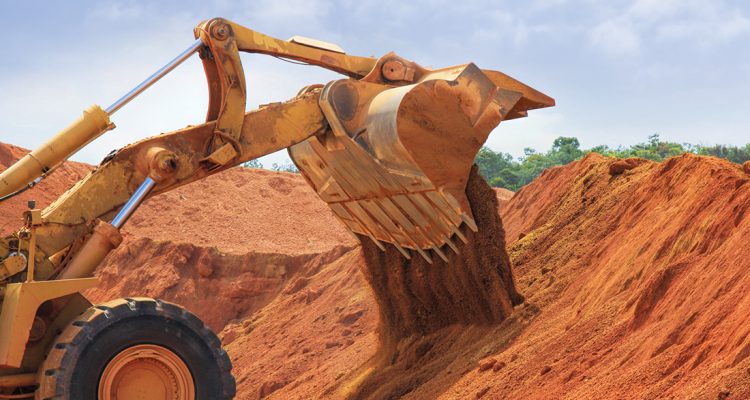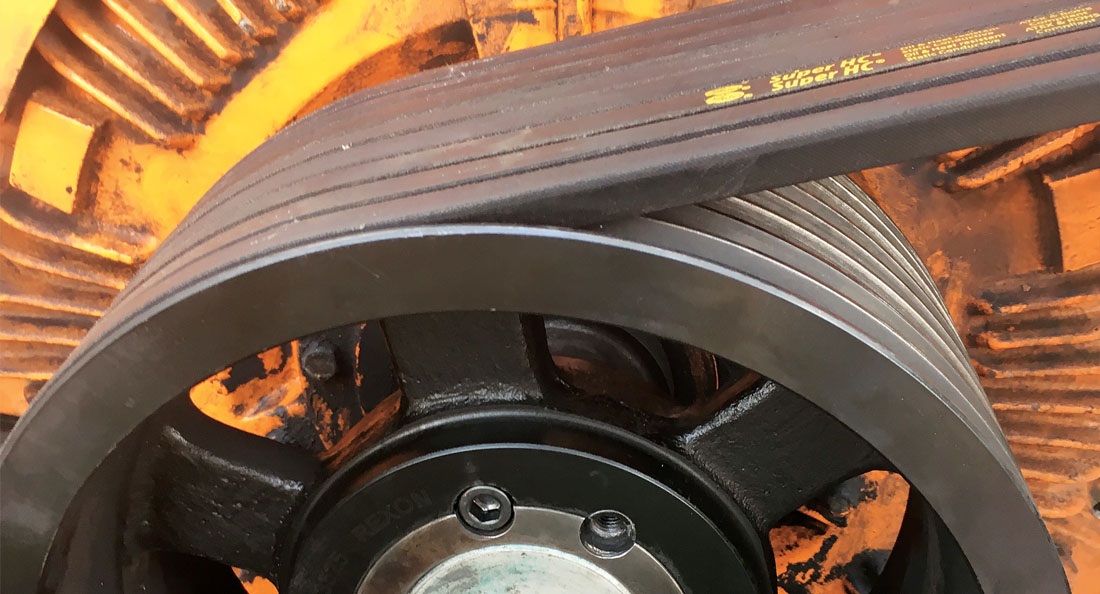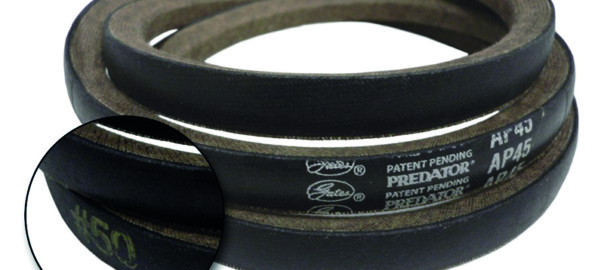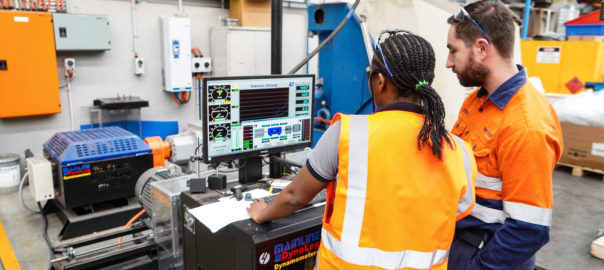Hydraulic systems can be complex, but 70–80 percent of all breakdowns of hydraulic and lubrication systems can almost always be linked back to fluid contamination, says Fellipe Ramos, Category Manager for Fluid Power at Motion Australia. Looking after everything related to hydraulics and pneumatics, Fellipe has a comprehensive understanding of the important role hydraulics play on Australian mines, and stresses that effective filtration can be the make or break of an entire operation.
“Simply put, filtration is necessary to clean contaminants from a hydraulic or lubrication system,” he explains. “So, what does that look like? Essentially the system will have a filter housing, inside which there is a filter element – this will be made from paper, glass fibre, stainless steel or other materials depending on the fluid and contaminant it is designed to combat.”
“Filter elements also vary in size depending on the flow rate of the system, and how clean it needs to be to perform its best,” he adds.
In his role, Fellipe assists mining customers around the country to integrate and maintain hydraulic systems for powering heavy-duty equipment, gates, lubrication systems, cylinders and motors. He points out that it is not uncommon for these components to be situated on machines worth half a million dollars, so the success of an entire mining process may come down to the effectiveness of one small filter.
“Mining is a very tough environment on hydraulics, because there are so many pollutants and contaminants present,” he says. “Not only do you have to protect the components, you also have to filter out any dust, dirt, particles or water that might enter the system.”
Different types of filters will treat different contaminants, and it is crucial to ensure correct fitment to avoid catastrophic failure that could lead to expensive downtime. For example, suction filters prevent large particles entering and potentially damaging the pump, whereas pressure filters clean the fluid before it enters the circuit. Most systems will also feature return line filters, off-line filters, and air filters – also known as breathers.
“In an environment like mining where there are so many airborne particles that could enter the system, it’s imperative that there is a strong line of defence against the damage they can cause,” says Fellipe.
He furthers that improper filtration can lead to all kinds of issues, including a catastrophic pressure drop. This is caused when there is an obstruction creating resistance, generating heat which can impact the whole system. Additionally, these systems will often have a valve that will bypass the filter, and if the filter is sized incorrectly – for example it is too small – a lot of the flow will be bypassed, and nothing will actually be filtered out.
“This is why it’s important to have a technician or engineer take a look at the application and determine where and how a filter can be best positioned. If it isn’t sized correctly, or you accidentally put a return filter into a pressure line, it can cause a lot of expensive damage.”
If a hydraulic assembly isn’t operating at its best, Fellipe recommends reaching out to a Motion Australia representative to carry out an oil analysis.
“This is kind of like a blood test for the system,” he explains. “From a sample, we can determine the cleanliness of the oil, what contaminants are present, and if there is a high ingress of water, zinc, or copper for example. It’s important to detect this early, because if left unchecked, particles can start damaging the mechanical parts around them.”
While gradual wear on mechanical parts is to be expected, it is the goal of Motion Australia’s team to help miners get the maximum lifespan out of hydraulic components. In a fast-paced industry that must mitigate downtime at all costs, operators can benefit significantly from consulting an expert prior to installing a filtration solution.
“We can provide pretty much any filter required for these types of applications through one of our supply partners or manufacture from our own facilities,” says Fellipe. “Our engineering division is extremely well versed in matching up filter types to each application, which can save miners a great deal by mitigating risk-factors like incorrect sizing. We’re not just here to supply products, we create full spectrum solutions.”




